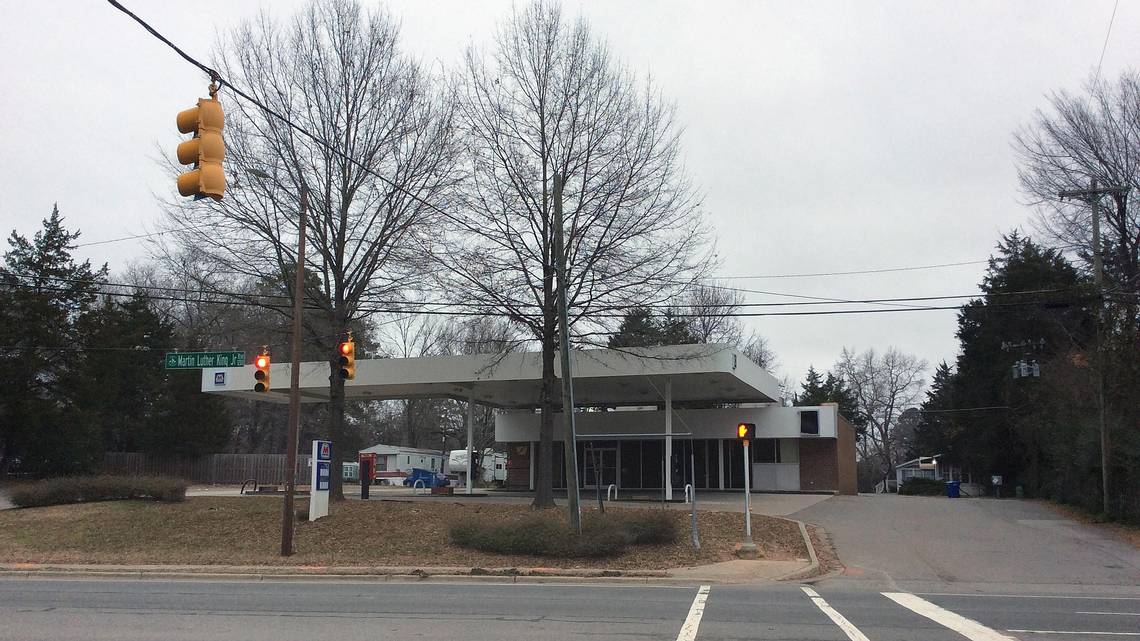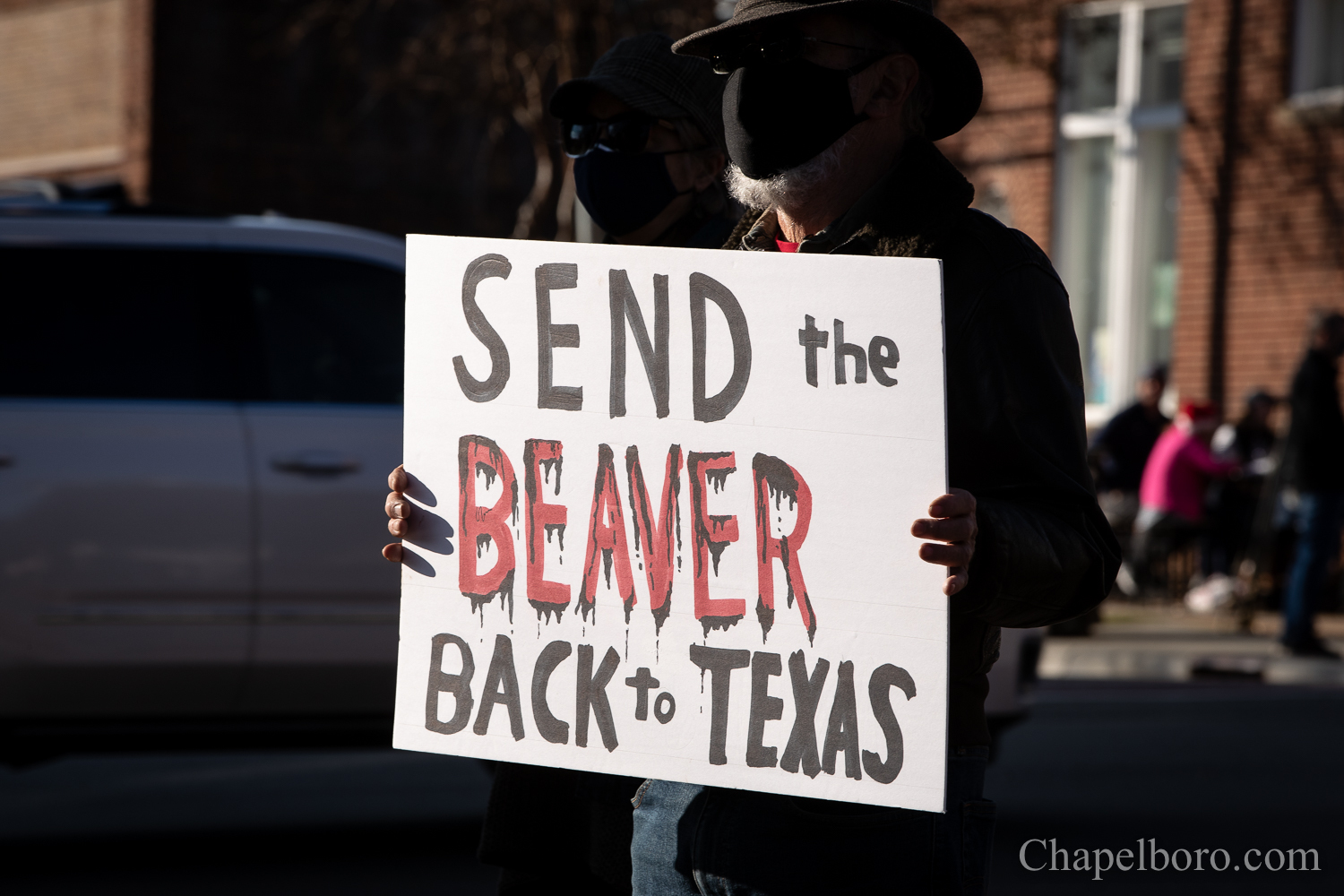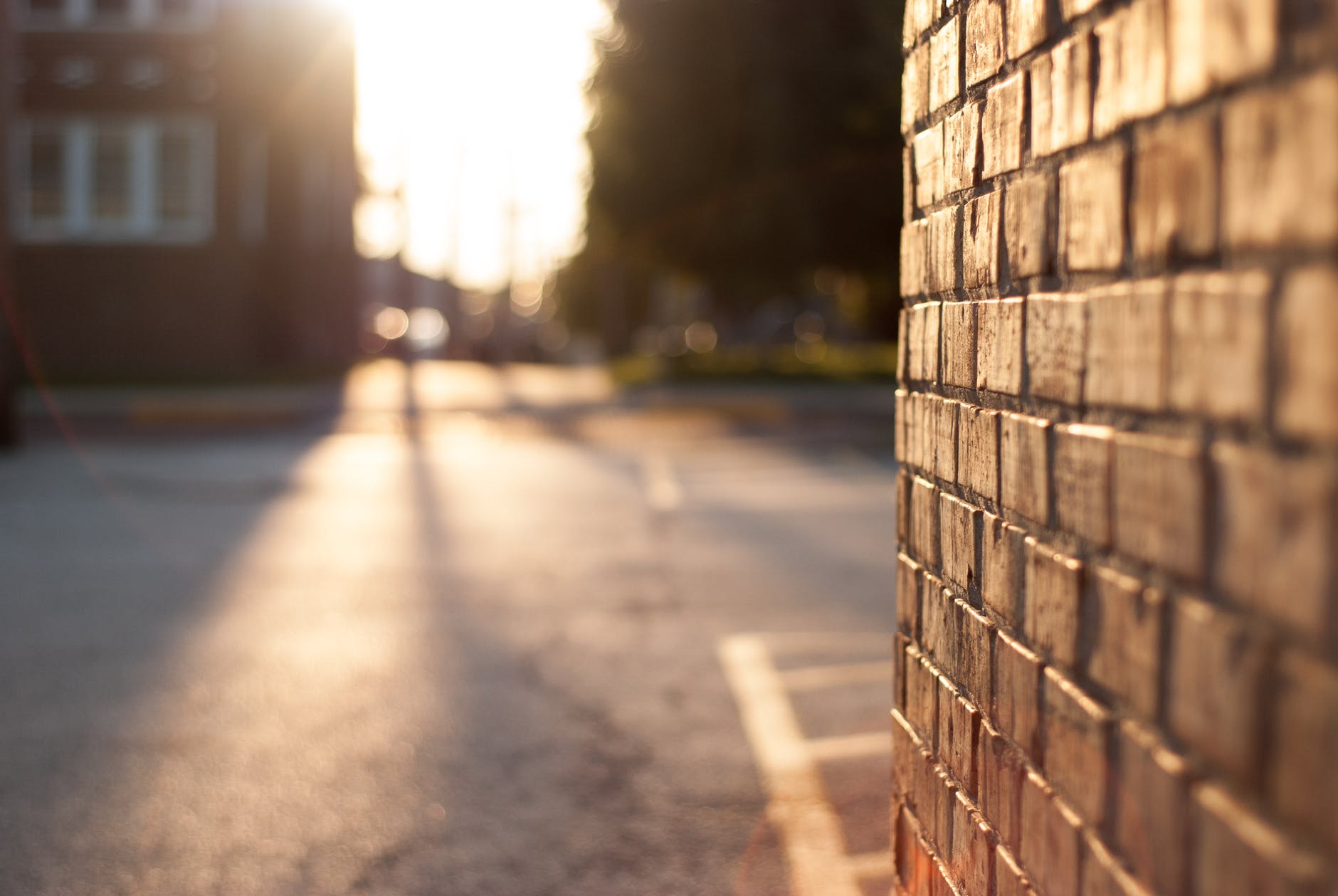
How the UK Saved Unsheltered Lives and What Chapel Hill Can Learn
A perspective from Alana Gilbert
“Stay at home.”
An important phrase you’ve heard since March as the world continues to fight the spread of COVID-19. But what about those without a home?
Public health officials have repeatedly pushed mitigation measures to wash your hands regularly, socially distance, get tested frequently, and isolate if you are sick in order to help slow and prevent coronavirus. Although, unfortunately, these options are too far out of reach for a critical population: people experiencing homelessness.
People experiencing homelessness are disproportionately impacted by the novel coronavirus, as they are one of the most vulnerable populations with the fewest options to stay safe. These communities are more at risk of contracting and dying of COVID-19 due to high transmission rates in congregate housing, such as shelters, and have increased barriers to preventive behaviors like regular handwashing and avoiding contact with others. Additionally, these individuals have higher rates of long-term health conditions, such as cardiovascular disease, respiratory illnesses, and chronic infections that put them at increased risk for hospitalization and mortality from COVID-19.
Housing and health are basic social, human rights. Even more so during the pandemic, lack of safe shelter can lead to unwarranted deaths of those in our communities.
The COVID-19 Homeless Sector Plan, the United Kingdom’s response to protecting people sleeping on the streets during the pandemic, led to England housing almost everyone experiencing homelessness in the country within weeks. On March 26, 2020, the UK government funded nearly $4 million for local authorities to provide non-congregate accommodations for those unsheltered, mostly in commercial hotels that would have otherwise been vacant. Health and housing authorities in England developed this plan with two main elements: (1) providing single room, private bathroom accommodations to adults sleeping out, and (2) regularly testing and medically supporting those with COVID-19 symptoms.
Coined as ‘Everyone In,’ these measures were imposed at the beginning of lockdown in March and are estimated to have prevented 21,092 COVID-19 infections, 266 related deaths, 1,164 hospital admissions, and 338 Intensive Care Unit admissions among UK’s unsheltered communities. Within days, the national directive was implemented locally to provide nearly 15,000 people living on the streets with a safe place to stay during March and April. Moreover, UK’s Secretary of State, Robert Jenrick, claimed that nearly ninety percent of people experiencing homelessness in the UK have been offered protective shelter.
In order to keep unsheltered individuals and the broader community safe, UK’s homeless accommodation services have reinforced hygiene measures, reserved housing units for isolation, secured extra shelter capacity to relieve overcrowding, and deployed health staff in homeless services for active COVID testing and care. Targeted, proactive outreach measures for people experiencing homelessness have shown to help slow the spread of coronavirus, protect vulnerable populations, and keep broader communities safe.
The pandemic has proven that with enough political will and urgency, you can nearly end homelessness in just a few weeks. So, what can Chapel Hill and Orange County learn from the UK’s response?
Although Orange County has mechanisms in place to assist housing insecure community members, such as homeless prevention funds for rent and security deposits and expanded Section-8 Housing Choice Vouchers to help break down barriers, dozens of individuals are still sleeping out tonight. Brandon Morande, a Peer Support Navigator with the new Street Outreach, Harm Reduction and Deflection (SOHRAD) program, notes that “the county’s COVID response for people experiencing homelessness could better ensure equitable measures to adequately assist and protect our neighbors on the streets.” Limited regular or accessible testing events in downtown Chapel Hill, where most unsheltered folks frequent, and no widespread coordinated effort to preventatively test this community, pose great challenges both for people sleeping out and the community at-large.
Chapel Hill has provided a limited number of non-congregate shelter beds at a local hotel, although it is the same amount of rooms allocated pre-COVID, despite the increased need for private housing to minimize risky contact. Along with no emergency shelter and a long waitlist for beds, Chapel Hill residents experiencing homelessness are forced to tent and sleep on the street- even as nights become frigid with the incoming winter. Our fellow community members are continuing to remain at risk of COVID-19, and more needs to be done.
In addition to expanding affordable housing options, the county should scale up non-congregate shelter space, such as that in otherwise vacant hotels, to match the increased need. Furthermore, targeted, widespread outreach of testing should be provided in order to identify cases and appropriately mitigate spread.
In the face of many challenges posed by the pandemic, Chapel Hill residents continue to unite and show resilience. As COVID cases rise, we must act to keep all in our community safe.
Protect your neighbors, protect your community, and promote solidarity.
Alana Gilbert is an MPH Health Behavior student at the UNC Gillings School of Global Public Health.
Chapelboro.com does not charge subscription fees. You can support local journalism and our mission to serve the community. Contribute today – every single dollar matters.








